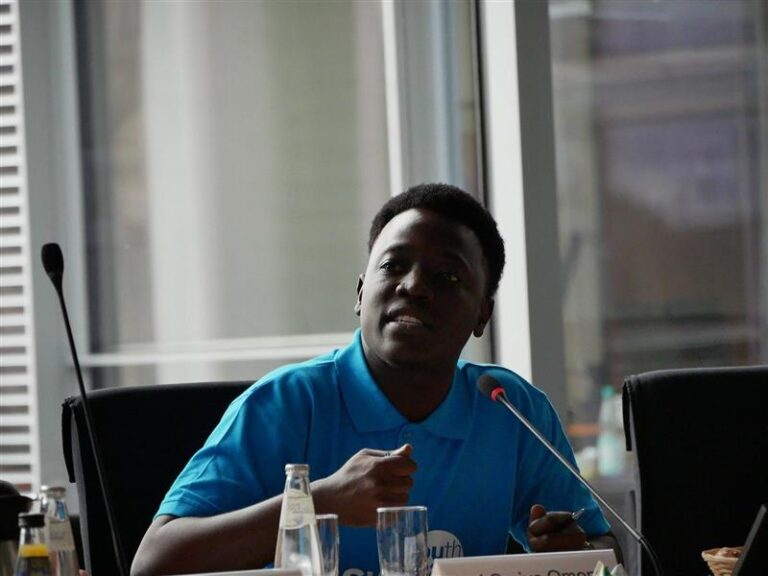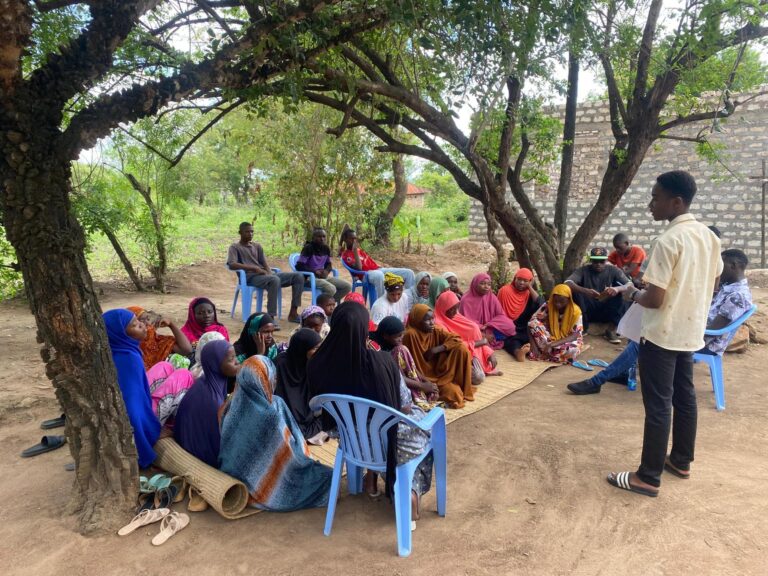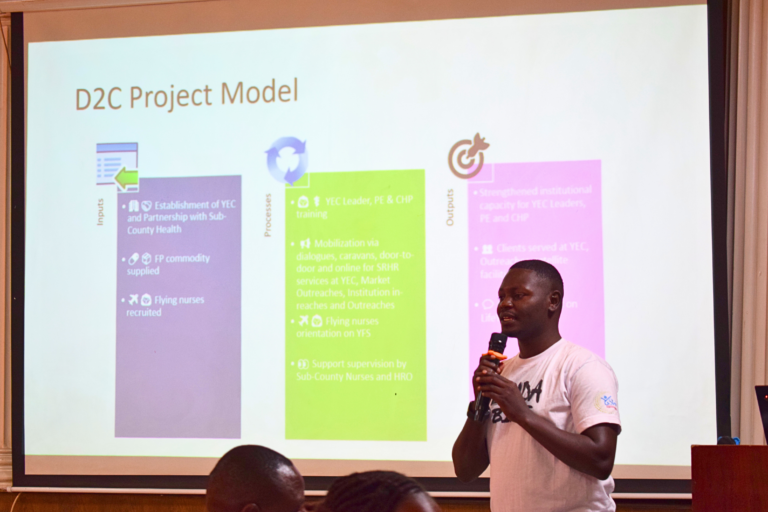Building stronger roots for youth-led SRHR advocacy
Youth organisations in various regions deepened their investment in grassroots youth leadership by supporting the growth, governance, and digital transformation of emerging community groups. These efforts are part of a broader strategy to ensure that youth-led organisations are equipped to advance sexual and reproductive health and rights for adolescents, women, and marginalised communities across Kenya.
Sikom Peace Network, YSW’s partner youth organisation, played a pivotal role by identifying and onboarding five promising youth groups: ORAL Health Mashinani, Children, Women and Men Organisation, Imara Youth Group, Dawn Support Foundation, and Kenya Pastoralists Community Organisation. These grassroots organisations participated in an organisational capacity strengthening training held at Komesi Women Network. The 30 participants engaged in sessions designed to foster group cohesion, build trust, and enhance their understanding of SRHR. They were introduced to the Organisational Capacity Assessment tool and foundational practices in group governance and operations, enabling them to begin evaluating their internal structures and planning for growth.
The month also saw progress in digital adoption, with Lungalunga Youth Community-Based Organisation hosting a stakeholder meeting with One Love, Lungalunga, and Riziki Youth Bunge youth groups. The session reviewed implementation milestones and introduced the digital data collection tool, Kobo Toolbox.
The meeting also showcased the adoption of transparent financial practices by the groups, including acknowledgment forms, surrender documents, and transaction logs, underscoring a shared commitment to accountability and results-driven programming.
Further south, the Msambweni Queens Self- Help Group conducted governance training for leaders of eight youth groups. The participants explored critical concepts in governance principles—such as inclusion, participation, and accountability—to financial systems such as budgeting, procurement, and internal controls. Participants also developed draft codes of conduct promoting respect, confidentiality, and the prevention of exploitation.
Empowering youth groups with knowledge, skills, and tools continues to enhance community-based structures, laying a solid foundation for sustainable advocacy and improved access to essential services.




